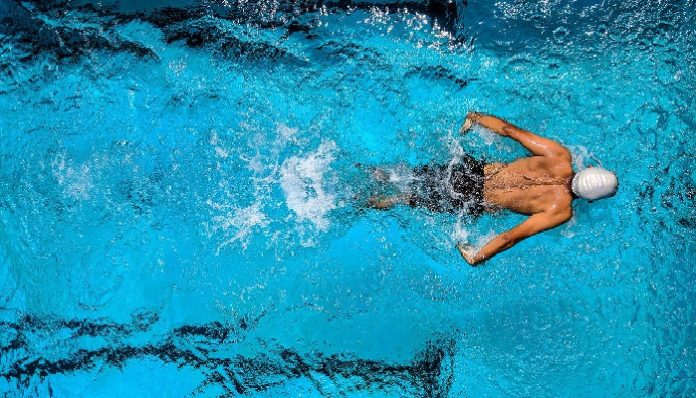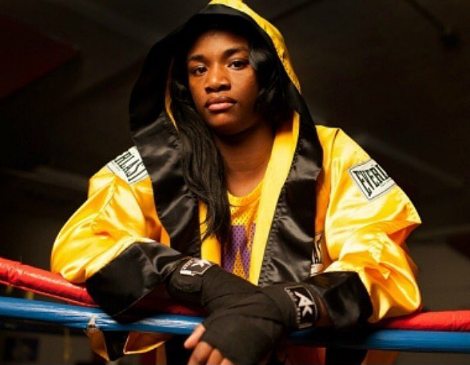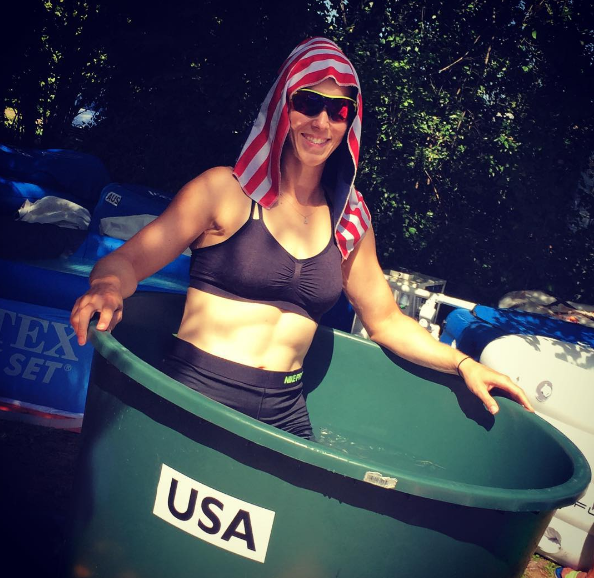
As we get pumped for the next Olympic games in Rio de Janeiro, we are hearing more and more about the athletes that will be competing there and are being told tales about those that have competed before them. Big names like Michael Phelps, Bode Miller, McKayla Maroney, and so on are commonly uttered. They’re household names. The glory of their impeccable performances are used as a benchmark for upcoming competitors. But aren’t there other athletes? Ones that we don’t see as such superstars, There has to be entire sports that we pay no attention to, and entire countries that we probably didn’t even know participated in the games, right?
It’s not so easy for those athletes that aren’t making headlines.
Think about it: you train for years to get to the Olympics. That is years of money spent on equipment, workout gear, fees for trainers and club memberships and entrances into other competitions. For a figure skater, this could cost up to $80,000 for one trip to the Olympics. For a swimmer it’s anywhere under $100,000 per year. As a gymnast, you would shell out $18,000 a year for all expenses. That’s years of regular childhood events that you had to miss because there was no money left for fun or no more time for fun once practices were over. Even if you’re one of the lucky ones to get onto the olympic team, the journey isn’t over yet. But what a trip it will all be! You’re in the Olympics! You are one of the best in your country and are going to prove yourself against the entire world.
Two things can happen now; you can place and get an awesome medal to wear for all time, or you can not place. You go home and you had an experience that most people never will.
No matter which scenario ends up being your fate, you will go home. You will have to live your life for the next four years before you get another chance. For the Usain Bolt’s and Kristi Yamaguchi’s, you will get sponsors and you will have regular deals to keep your wallet full. For the participants that didn’t win? It’s a nice welcome home party but it fades fast.
The first American woman to win gold in boxing, Claressa Shields from Flint, Michigan, had no endorsements after her 2012 accomplishment. She would carry her medal everywhere because it was the nicest thing she had.
Member of US rowing team, Megan Kalmoe, won’t even buy herself new sneakers because she is so strapped for cash. Between rent, car, food, and necessities, there isn’t anything left but the medals. With a silver medal from the World Championship in 2011, a bronze medal from the 2012 Olympics, another silver from the 2014 World’s, and one gold from the 2015 World’s, Kalmoe has less than money in savings than I do from what I can gather.
One of Kalmoe’s teammates, Grace Latz, slept in her car during training camp while another, Katelin Snyder, plans to apply for low-income housing.
Gabby Douglas, the gymnast from a few years back, and her mom filed for bankruptcy. The speed skater Emily Scott applied for food stamps.
Most countries have federally funded teams but not here in the US. The United States Olympic Committee gets money from broadcasting deals, donors, and sponsors. Of all the dollars they rake in, 10% is allocated for athletes. From that 10%, the total is split between the 39 governing committees that preside over each olympic sport. Some of those sports are team sports and therefore money used as stipends for athletes is spread even thinner.
How is this possible? We look up to these athletes as kids. We pass on the lessons to “dream big” and “keep working at it” and “you will be rewarded” to those following in their footsteps. How do we let people who work so hard at what they love scrape by so minimally? And those who do get a good endorsement deal will then live in a glass cube being monitored by the major corporation that owns them, just waiting for a slip up to end the contract. **see Phelps smoking weed incident**
As modern humans, we recreated this once religious affair into the current Olympic tradition hundreds of years ago for our entertainment. Now, as humans that have grown even more selfish, we expect these athletes to entertain us for free. Think about this when you’re complaining about buying the next round of beers while you and your buddies watch the beach volleyball games.
Featured image via Guduru Ajay bhargav on Pexels





















